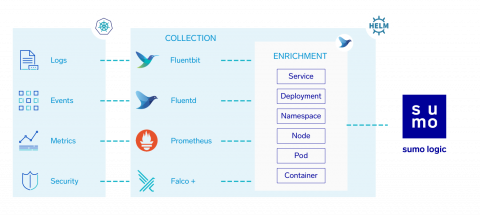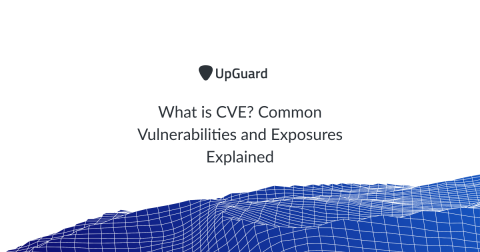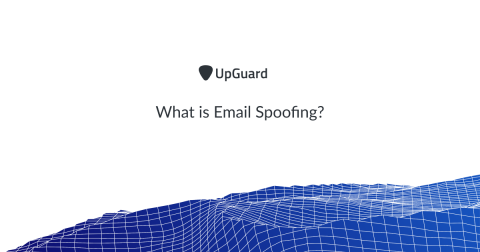Love your enemies before you destroy them
The cutting edge of cybersecurity is moving away from a reactive defense. Instead of analysts waiting for a threat to happen, they are proactively searching out attackers in their environment. Attackers are dynamic. They are always changing and improving their capabilities, which means that defenders need to lean in and adapt even faster to keep up. Proactive defense is about predicting, understanding, and preventing as many moves as possible that an attacker could make against you.








